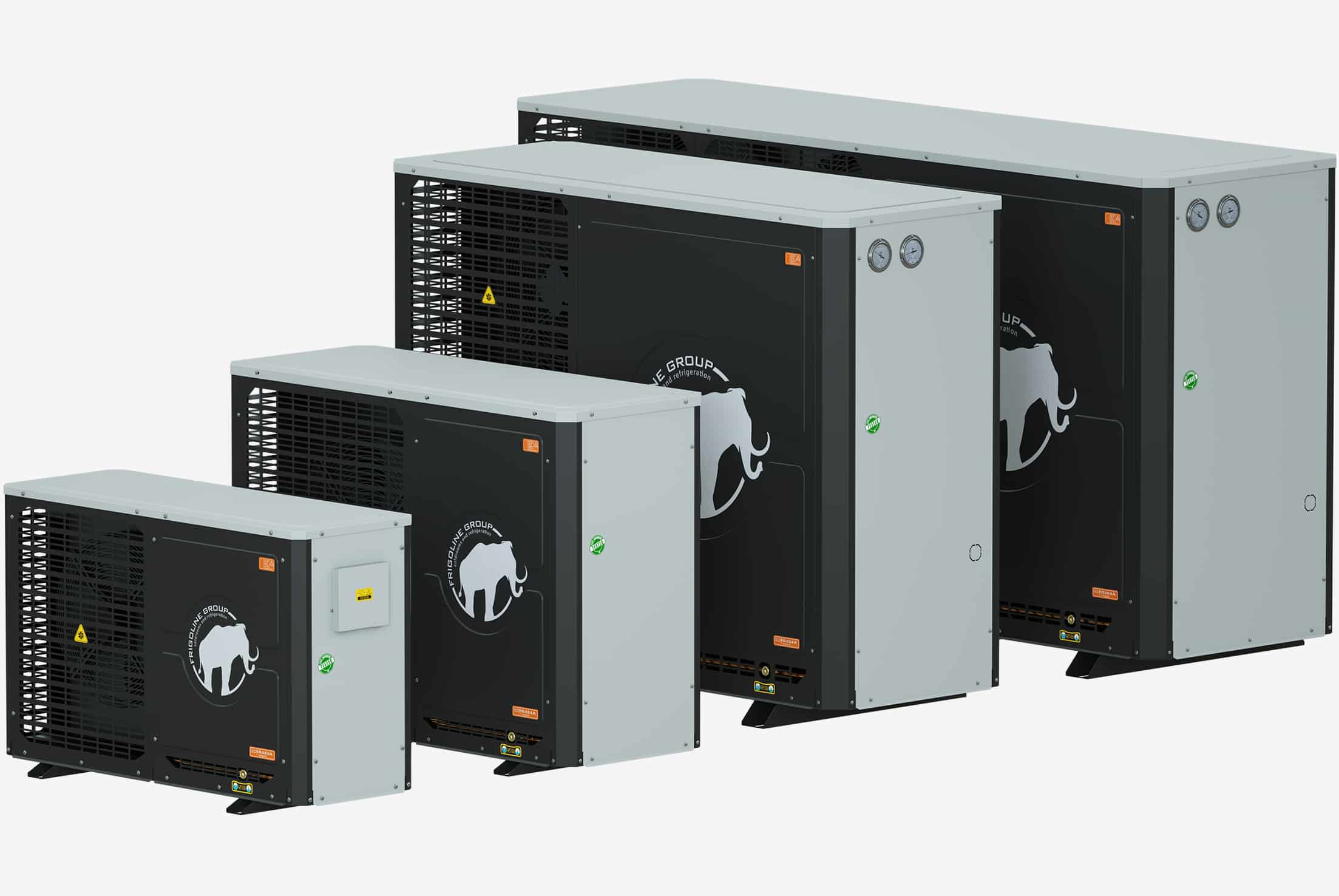
Potato & Onıon Cold Storage
Ensuring the long-term freshness and quality of fruits and vegetables is a paramount concern for farmers and distributors alike. In this comprehensive guide, we delve into the technical intricacies of storing potatoes and onions in a cold storage environment, highlighting the significance of a well-designed storage room and the importance of gradual cooling techniques.
Understanding Potato and Onion Storage Needs: Potatoes and onions are staple crops with distinct storage requirements. Maintaining optimal temperature, humidity, and ventilation is imperative to prolong their shelf life and preserve their nutritional value. A dedicated cold storage room provides the controlled conditions necessary to prevent sprouting, moisture loss, and decay.
The Role of Cold Storage Rooms: A purpose-built storage room is a cornerstone of effective potato and onion storage. These rooms are engineered to create the perfect environment, with temperature settings typically ranging from 32 to 50°F (0 to 10°C) and humidity levels around 85-90%. Such conditions deter sprouting and minimize water loss, ensuring that both potatoes and onions remain fresh and flavorful.
Importance of Gradual Cooling: Gradual cooling is a crucial technique when it comes to storing potatoes and onions. Rapid temperature changes can lead to moisture condensation, fostering bacterial growth and spoilage. Gradual cooling, however, allows excess moisture to dissipate gradually, reducing the risk of deterioration and prolonging the storage life of these crops.
Potato and Onion Casing Considerations: The casing, or outer layer, of potatoes and onions serves as a natural protective barrier. Gentle handling during storage can minimize damage and prevent bruising or puncturing. Monitoring humidity levels within the cold storage room prevents the casing from drying out excessively, helping to retain the integrity of these crops.
Potato and Onion Casing Considerations: The casing, or outer layer, of potatoes and onions serves as a natural protective barrier. Gentle handling during storage can minimize damage and prevent bruising or puncturing. Monitoring humidity levels within the cold storage room prevents the casing from drying out excessively, helping to retain the integrity of these crops.
Fine-Tuning Storage Conditions: Maintaining precise storage conditions is paramount for preserving the quality of potatoes and onions. Cold storage rooms equipped with advanced temperature and humidity sensors enable real-time monitoring and adjustments. This ensures that both crops are stored in the best possible environment, minimizing spoilage and loss.
Benefits of Tailored Cold Storage Solutions: Investing in specialized cold storage for potatoes and onions offers a range of advantages. Batch storage allows for segregation of different harvests, reducing the risk of cross-contamination. Moreover, a purpose-built storage room offers long-term cost-effectiveness, as it minimizes spoilage and extends the marketable lifespan of both crops.
Conclusion: Nurturing Freshness from Farm to Table: In the world of agriculture, preserving the quality of harvested produce is paramount. Cold storage solutions tailored to the unique needs of potatoes and onions provide a reliable means of achieving this goal. By implementing gradual cooling techniques and meticulous monitoring of storage conditions, farmers and distributors can ensure that consumers enjoy potatoes and onions that are not only delicious but also packed with essential nutrients. This commitment to excellence supports sustainable food supply chains and contributes to the availability of high-quality produce year-round.



